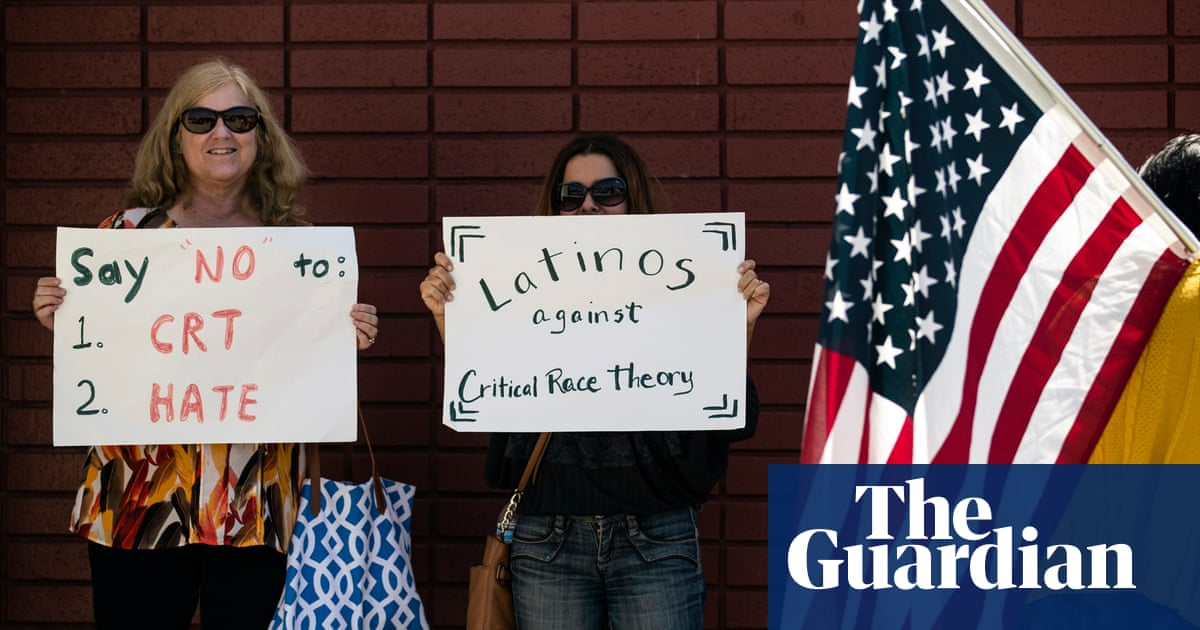A small southernCaliforniaschool district must immediately pause its ban on critical race theory (CRT), a California appeals courtruled on Thursday morning.
The 4th district court of appeals ruling put a halt to the Temecula Valley unified school district ban until its litigation is settled in the California legal system. The decision is the latest in a long-running legal battle over the CRT ban, which was first adopted as a resolution by the Temecula Valley Board of Education in December 2022 as theyattempted to purgeelementary school textbooks that reference gay rights icon Harvey Milk.
The recent decision, authored by Judge Kathleen O’Leary, and concurred by the panel’s other two judges, said that the vague nature and lack of legal or academic terminology in the resolution jeopardized its constitutionality.
“The Resolution defined CRT as ‘a divisive ideology that assigns moral fault to individuals solely on the basis of an individual’s race’ and, therefore, is itself a racist ideology,” O’Leary’s ruling said. “The Resolution operates as if this definition is universally accepted, but the text does not indicate where this definition is derived, or whether it is shared with anyone else besides the Board.”
The ruling pointed to the resolution’s lack of examples of CRT, and lack of guidance for teachers looking to modify their curriculum.
O’Leary’s other primary concern revolved around “confusion and fear” from educators due to the policy, and negative impacts on education provided. One fourth grade teacher submitted a letter of evidence stating that under the doctrine, “she did not know what a permissible response was when her students asked her how and why slavery happened.”
“Teachers are left to self-censor and potentially overcorrect, depriving the students of a fully informed education and further exacerbating the teachers’ discomfort in the classroom,” O’Leary wrote. “Rather than lead the classroom and moderate healthy discussion, the teachers are forced to leave children’s questions unanswered.”
The conflict over CRT in educationhas been divisive in Temecula, a historically conservative southern California city of just more than 100,000 people. Thebattle has followed familiar lines, with three conservative school board members elected in 2022 after running in opposition to mask and vaccine mandates, as well as “sexualized” material in school curriculums. The school board president also famously labeled Milk as a “pedophile” and originally rejected a state-issued social studies textbook including the assassinated gay rights activist. Gavin Newsom, the California governor,threatened a $1.5m finein response.
While the school district may have run into opposition in their community and at the appeals court, headwinds at the federal level are in their favor. In late January, Donald Trump signed executive orders topromote school choice, or the use of public dollars for private education, and to remove funding from schools accused of“radical indoctrination”. Trump also revived a “1776 commission” to “promote patriotic education”.
